Pillar Report – World Refugee Day
What is World Refugee Day?
World Refugee Day is a global day designated by the United Nations in honor of refugees around the world, in June 20 each year. It is devoted to reviewing the concerns, issues and problems of refugees and people whose lives are threatened in their countries, highlighting the suffering of these people and discussing ways to provide more assistance to them, under the auspices of the United Nations High Commissioner for Refugees (UNHCR). It was celebrated for the first time in 2001. The day of June 20 was chosen to coincide with the celebration of African Refugee Day, which is celebrated by several African countries.
Refugees and the United Nations
Refugee protection has become the primary mandate of the United Nations High Commissioner for Refugees, which was created with the aim of caring for refugees, particularly those waiting to return home in the aftermath of World War II.
The 1951 Convention Relating to the Status of Refugees, which led to the creation of the UNHCR, defines a refugee as anyone who “because of a well-founded fear of being persecuted for reasons of race, religion, nationality, membership of a particular social group, or political opinion, is found outside the country of nationality, and is unable or unwilling to protect that country because of that fear.”
Since then, UNHCR has provided protection and assistance to tens of millions of refugees. UNHCR has found durable solutions for many of them. It also organizes activities around the world to highlight the plight of refugees, displaced people and other people it cares for and advocate on their behalf to get the help they need.
UNHCR’s slogan for World Refugee Day 2021 has been: Together we heal, we learn and we shine. Through the slogan, UNHCR focused on three tracks, namely, a donation to facilitate refugee access to primary and secondary health care. Assistance in financing scholarships to cover their undergraduate tuition expenses. The third track is a Dream Ball competition, where the five best designs will be transformed into soccer balls made by refugees and host community members in Kenya, through the ethical manufacturer “Alive and Kicking.” the winning designs will be sold online to support the provision of Sports opportunities for refugees.
The Difference between a Refugee and an Immigrant
A refugee is a person who is compelled to leave his or her home in order to preserve his or her soul or freedom. He does not lack the protection of his state – it is often his government that threatens persecution. In case that he is not allowed to enter other countries and that he is not provided with protection and assistance upon entering, these countries have sentenced him to death, without access to livelihoods and without any rights.
An immigrant is someone who, especially economic migrants, chooses to leave their homes in order to improve future prospects for themselves and their families. Global migration patterns have become more and more complex in our modern age, involving not only refugees but also millions of economic migrants. However, there is a fundamental difference between refugees and migrants, although they often depend on the same means of travel, and therefore must be treated differently under modern international law.
The 1951 United Nations Convention and the Rights it Contains
The 1951 Convention Relating to the Status of Refugees is the primary legal document that forms the basis of UNHCR’s work as the “guardian” of this Convention. The Convention has been ratified by 145 countries, and it defines the term “refugee” and clarifies the rights of refugees, as well as the legal obligations that states have to protect them.
Rights contained in the 1951 Convention:
- Prohibition of expulsion except in implementation of a decision taken in accordance with the procedures established by law, provided that the refugees have the right to object;
- States do not impose criminal penalties on refugees for entering or being in their territory without permission;
- The right to work
- The right to housing;
- The right to education;
- The right to receive what is granted in the field of relief and public assistance;
- The right to practice religious rites;
- The right to free litigation before the courts;
- The right to freedom of movement within its territory;
- The right to obtain identity cards and travel documents.
Refugees in the Time of Corona
The spread of the Corona epidemic, Covid-19, in the world has changed a lot, and the most obvious thing is that the world is one body that must come together for a better life for the human being. So that we can only step towards success if we all stand together. Therefore, we all have to do our part in keeping each other safe. Despite the challenges and difficulties, refugees and displaced persons have been at the forefront of working against the spread of the epidemic and helping others. It is the natural instinct in human beings to be good, especially if they are motivated by an environment that is supportive of goodness and constructive development.
Accordingly, Pillar Centre for Conflict Resolution, International Arbitration and Scientific Research calls, through World Refugee Day, to work to intensify the integration of refugees into societies through health, academic and sports systems, and to give them the opportunity to be active and constructive members of societies.
-Department of Studies and Media.

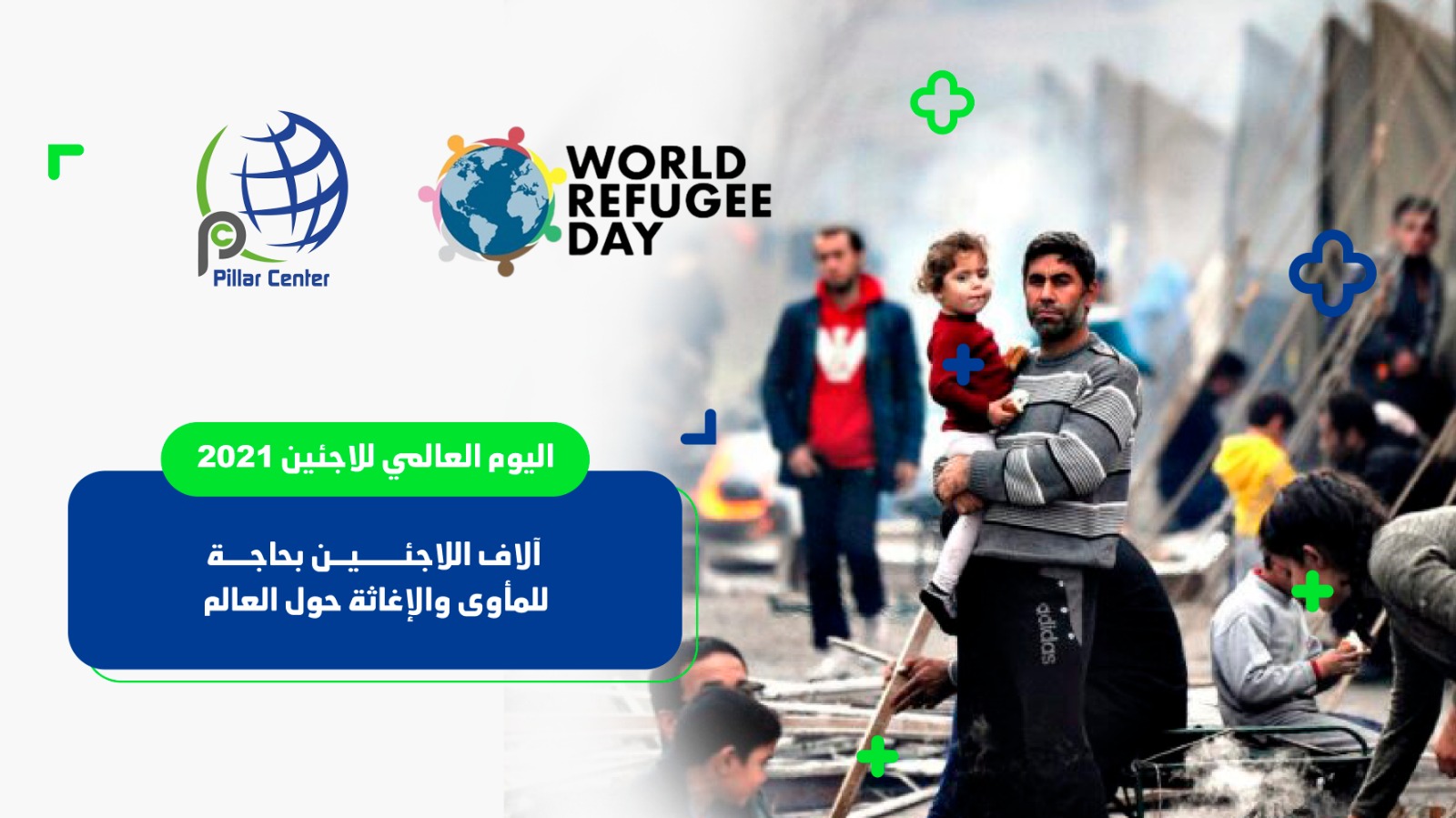
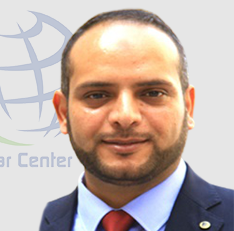

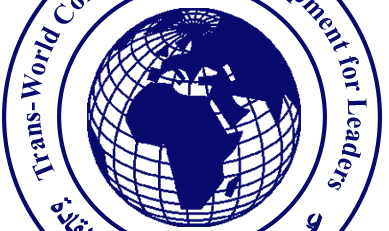

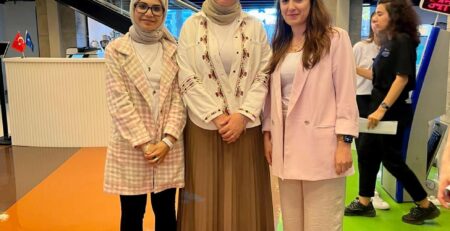

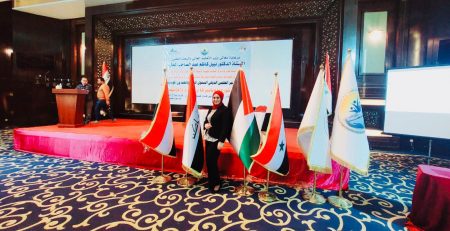


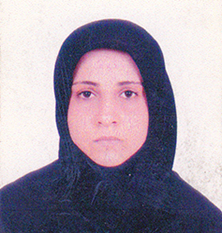
Leave a Reply